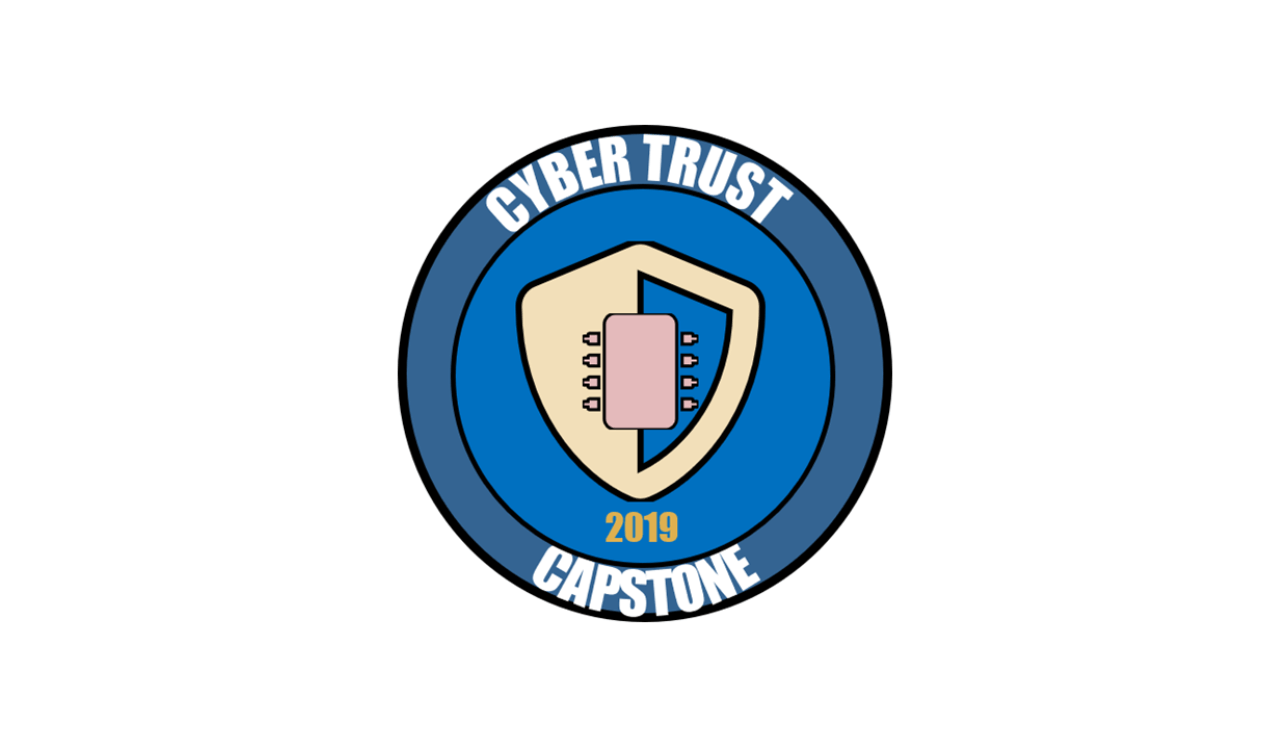
4232995972: Cyber Trust Administrator
The role of a Cyber Trust Administrator is pivotal in today’s digital landscape. This position encompasses implementing security frameworks and conducting compliance audits. Proficiency in risk assessments and regulatory understanding is critical. Furthermore, promoting cybersecurity awareness through training enhances organizational integrity. As the demand for cyber trust escalates, the implications for organizational security and stakeholder relationships become increasingly complex. This discussion will explore the intricacies of this role and its evolving significance.
Key Responsibilities of a Cyber Trust Administrator
A Cyber Trust Administrator plays a pivotal role in safeguarding an organization’s digital assets and ensuring compliance with cybersecurity policies.
Key responsibilities include implementing robust data protection measures, conducting regular audits, and monitoring compliance management processes.
They assess vulnerabilities, enforce security protocols, and facilitate training programs, all aimed at fostering a culture of awareness and accountability, ultimately enhancing the organization’s overall cybersecurity posture.
Essential Skills for Cyber Trust Administrators
Proficiency in a diverse range of skills is critical for Cyber Trust Administrators to effectively navigate the complexities of cybersecurity.
Key competencies include conducting thorough risk assessments and implementing robust security frameworks.
Additionally, understanding regulatory compliance and emerging threats enhances their capability to safeguard information systems.
These skills collectively empower administrators to foster a secure environment, essential for maintaining organizational integrity and freedom.
Also read: 4157973784: Data Integrity Officer
Importance of Cyber Trust in Modern Organizations
Trust serves as the foundation of modern organizational cybersecurity, influencing both internal operations and external relationships.
Establishing robust cybersecurity frameworks is essential for fostering trust among stakeholders. Organizations utilize trustworthiness metrics to evaluate their security posture, ensuring compliance and transparency.
Consequently, a strong emphasis on cyber trust not only mitigates risks but also enhances collaboration, innovation, and resilience in an increasingly complex digital landscape.
Career Path and Opportunities in Cyber Trust Administration
As organizations increasingly prioritize cyber trust, the career path for Cyber Trust Administrators becomes more defined and essential.
Certification programs play a crucial role in equipping professionals with the necessary skills, aligning with current industry trends that emphasize security and compliance.
Opportunities in this field are expanding, offering roles in risk management, data protection, and policy development, ensuring a dynamic career landscape.
Also read: 4099807235: Digital Token Guardian
Conclusion
In an era where cyber threats loom like dark clouds over every digital enterprise, the Cyber Trust Administrator emerges as the indomitable shield, wielding expertise to thwart impending doom. Their mastery of risk assessments and regulatory compliance transforms chaotic data landscapes into bastions of security. As organizations fervently chase the elusive goal of cyber trust, these skilled professionals are not merely assets; they are the architects of a fortress, ensuring that digital integrity and stakeholder confidence reign supreme in the cyber realm.




